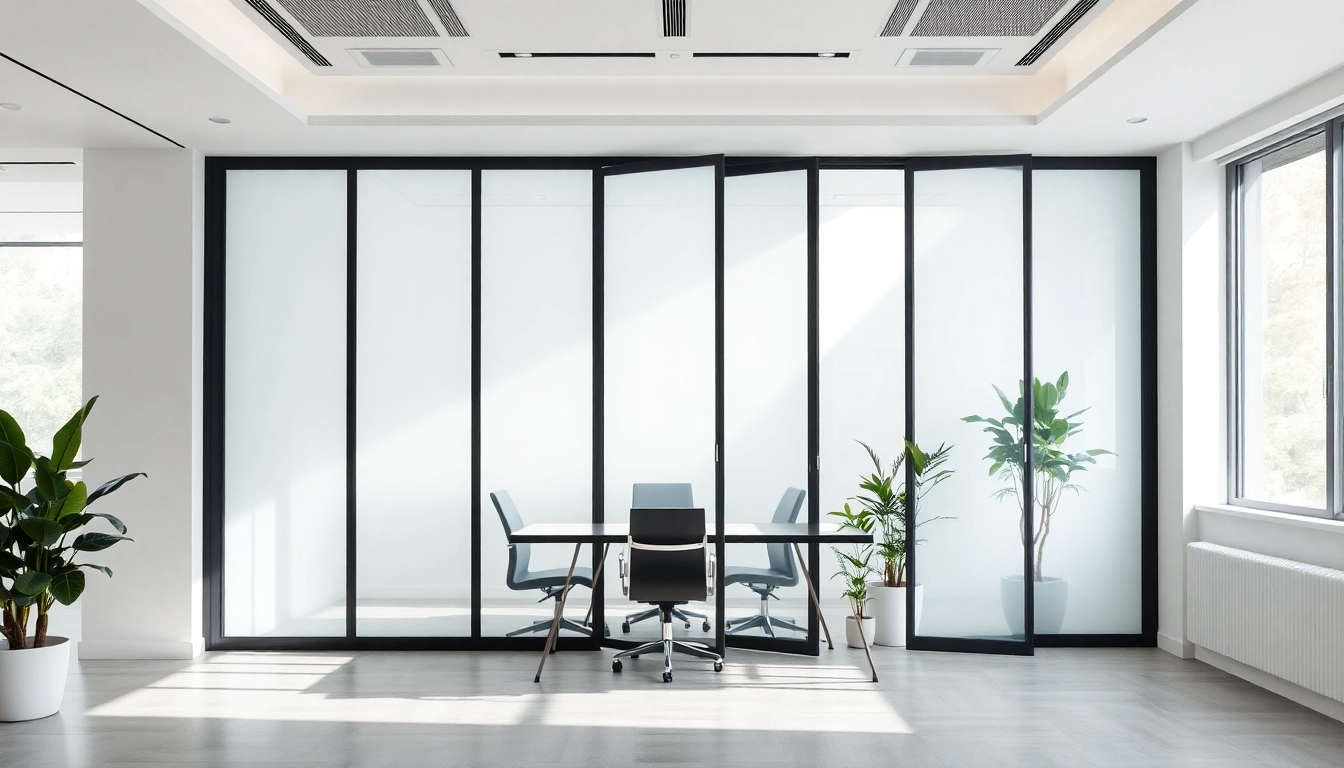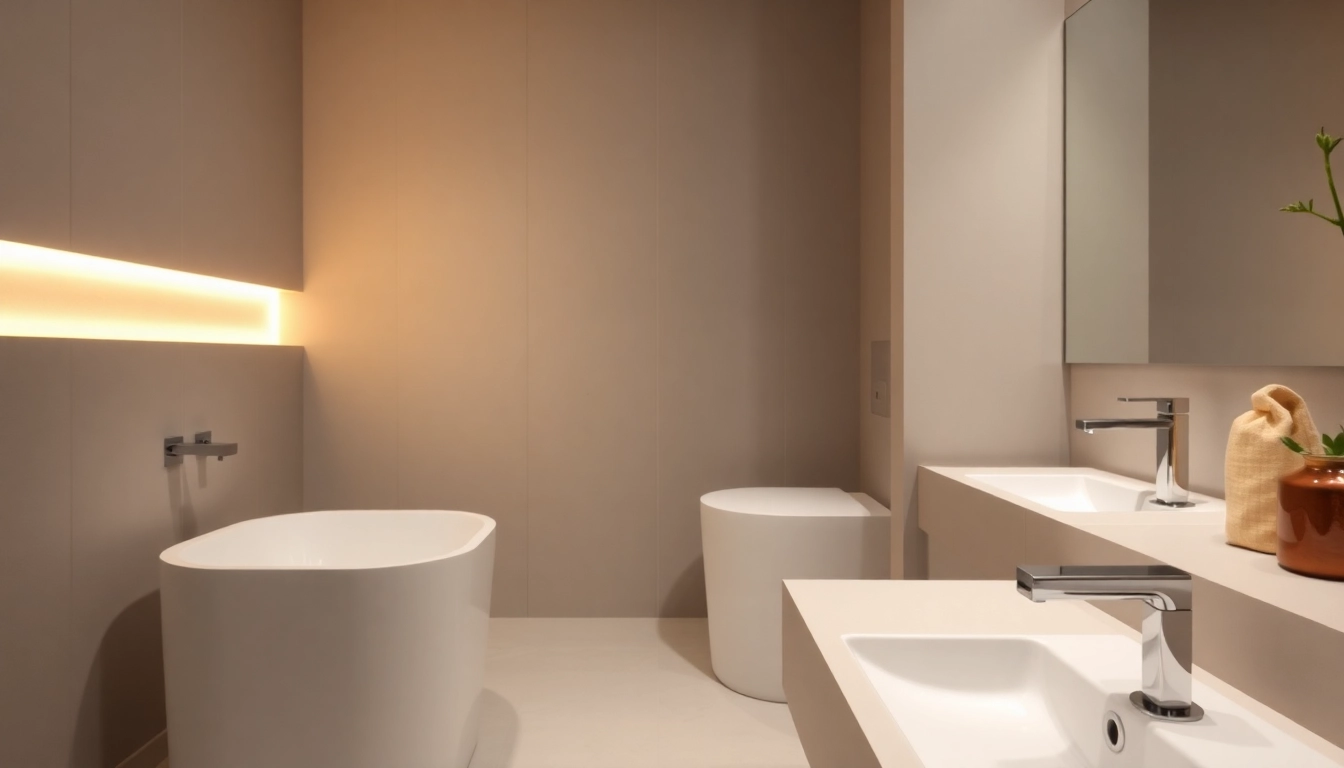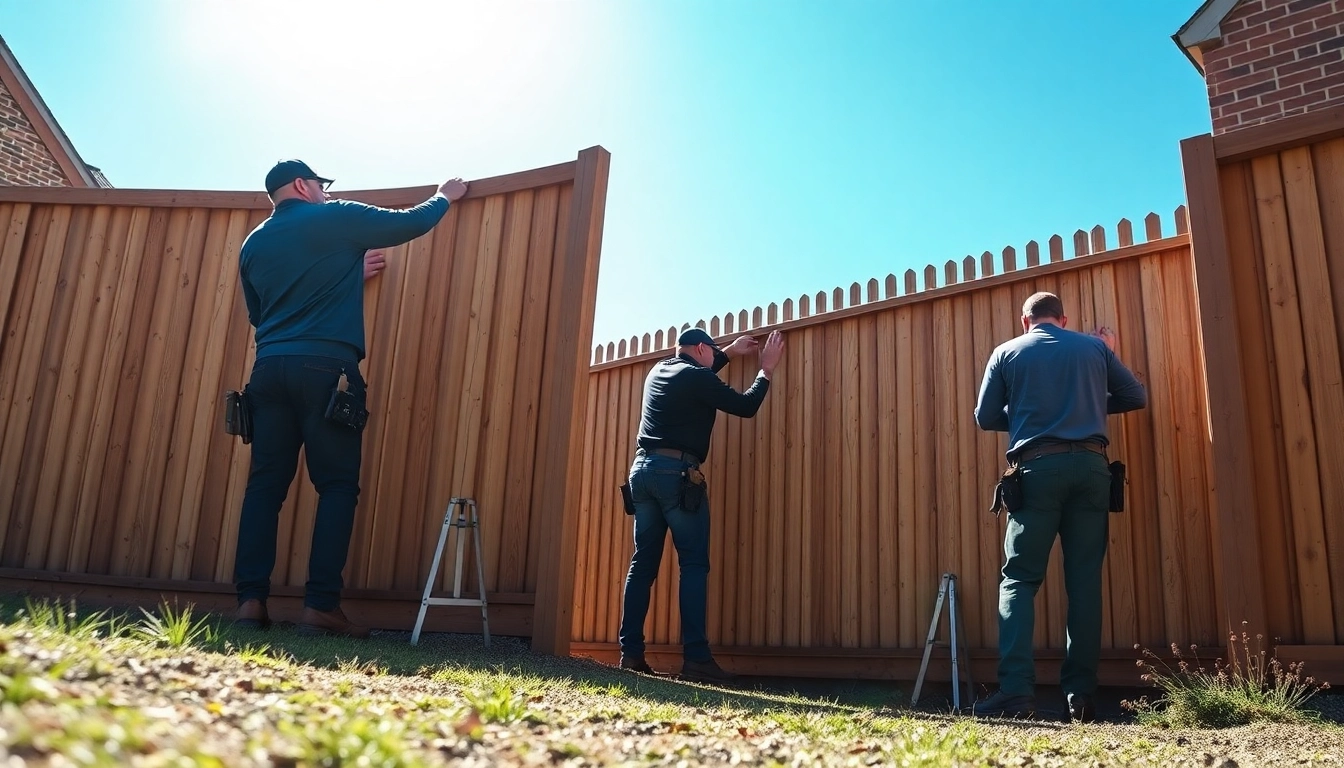Understanding Folding Partition Walls
Folding partition walls represent an innovative solution for enhancing spatial flexibility in various environments. These adaptable structures can efficiently separate spaces, creating distinct areas for different functions without the hindrance of traditional, permanent walls. They are increasingly gaining popularity in both commercial and residential settings, appealing to a wide range of needs, from facilitating privacy in open-plan offices to creating intimate spaces in homes. This blend of functionality and aesthetics is one of the reasons more people are exploring options like the Folding Partition Wall, making it a contemporary choice for dynamic room organization.
What is a Folding Partition Wall?
A folding partition wall is a movable wall system that allows for the division and reconfiguration of spaces. These walls can be opened and closed as needed, providing the flexibility to create separate rooms or areas within a larger space. Unlike traditional permanent structures, folding partitions can be made of various materials, offering diverse styles and finishes to match the interior design. They can be designed to fit specific measurements, making them ideal for both standard and unique spaces, ensuring maximal use of the available area.
Benefits of Folding Partition Walls
The benefits of folding partition walls are numerous, making them a practical choice for various environments:
- Space Optimization: By allowing spaces to be reconfigured according to need, folding partitions can minimize wasted space and help organizations adapt quickly to changing circumstances.
- Cost Efficiency: Implementing folding partitions can reduce renovation costs compared to constructing permanent walls, as they require less material and labor.
- Flexibility: The ability to easily open and close these walls enables users to customize their environments for different events or purposes, whether for meetings, performances, or personal use.
- Acoustic Control: Many folding partition walls are designed to enhance sound insulation, providing privacy for conversations in office settings or quiet spaces for relaxation.
- Aesthetic Appeal: These wall systems are available in various designs, materials, and colors, allowing for stylish integration within a space’s decor.
- Quick Installation: Folding partitions can often be installed with minimal disruption, making them ideal for busy environments needing rapid changes.
Common Applications in Various Settings
Folding partition walls are versatile and can be found in a range of settings:
- Offices: Used to create meeting rooms or collaborative spaces, folding partitions help businesses maximize their floor layout efficiently.
- Educational Institutions: Classrooms can be quickly altered for large lectures, group activities, or individual study, allowing educators to cater to different learning styles.
- Healthcare: Hospitals and clinics employ folding partitions to provide patient privacy while allowing for adaptable room layouts to accommodate various services.
- Hospitality: Hotels and conference centers utilize these walls for event spaces, enabling quick transformations from large gatherings to intimate settings.
- Homes: Many homeowners use folding partitions to divide spaces for privacy, create home offices, or establish flexible layouts in living areas.
Types of Folding Partition Walls
Folding partition walls come in various types, each designed to suit different needs and aesthetics.
Materials Used in Construction
The construction materials for folding partition walls play a crucial role in their functionality and design:
- Wood: Provides a warm, traditional look, often used in residential settings or more conservative commercial spaces.
- Metal: Offers durability and modern aesthetics, making it suitable for high-traffic areas.
- Glass: Allows natural light to flow between spaces while maintaining visual connections, often used in offices to create a feeling of openness.
- Fabric: Common in portable solutions, fabric partitions allow for customization in color and patterns while providing acoustic benefits.
- Composite Materials: Combining various materials can enhance the performance characteristics of folding partitions, improving sound control, insulation, and durability.
Styles and Designs Available
There is a plethora of styles and designs available for folding partition walls, enabling users to select options that complement their specific aesthetics:
- Accordion-style: Characterized by their pleated appearance, these walls fold back easily and are very common in both commercial and residential applications.
- Modern Sliding Panels: These innovative designs operate smoothly along tracks, ideal for larger openings.
- Bi-folding: Aesthetic charm alongside functional benefits, bi-folding walls enable larger openings while offering a sleek design.
- Transparent Panels: Glass or acrylic options allow for light and visibility, promoting an open, airy feel in offices or homes.
Customizing Your Folding Partition Wall
Customization is a vital aspect of folding partitions. Users can design solutions tailored to their functional and aesthetic needs. Key areas for customization include:
- Dimensions: Tailoring the height and width based on individual space requirements ensures a perfect fit.
- Finish and Color: Different finishes and colors can be selected to match existing interior decor, from contemporary to classic.
- Additional Features: Options such as integrated doors, windows, or soundproofing can enhance usability and functionality.
How to Choose the Right Folding Partition Wall
Choosing the right folding partition wall involves understanding various factors to meet the unique needs of the environment.
Factors to Consider for Commercial Spaces
For businesses, certain factors hold a high priority when selecting folding partition walls:
- Space Layout: Evaluate the overall layout of your office or commercial space to determine the best types of partitions that can create functional zones.
- Sound Insulation: Prioritize walls that offer superior sound insulation to maintain privacy during meetings and discussions.
- Material Durability: Select materials that withstand the wear and tear of a commercial environment, ensuring longevity and maintaining aesthetics.
- Accessibility: Ensure that the folding mechanism is user-friendly for employees and can be easily adjusted throughout the workday.
Selecting for Residential Use
For residential settings, considerations shift slightly, focusing on personal comfort and lifestyle:
- Design Aesthetic: Choose designs that resonate with your home’s architectural style, harmonizing with existing elements.
- Ease of Use: Look for partitions that allow simple transitions between open and closed configurations to adapt to your daily activities.
- Privacy Needs: Assess the level of privacy needed, particularly in shared spaces or environments that require quiet zones.
- Storage Options: Consider whether you want built-in storage solutions within the partition wall for maximizing utility.
Integrating Technology with Your Partition
In this digital age, the integration of technology offers further advantages for folding partition walls:
- Smart Mechanisms: Automated systems can allow for remote operation of partitions, enhancing convenience in busy environments.
- Audio-Visual Features: Incorporating technology for multimedia presentations within partitions can turn them into dynamic spaces.
- Lighting Solutions: Smart lighting integrated into folding walls can enhance functionality during events by creating the perfect ambiance.
Installation and Maintenance of Folding Partition Walls
Success with folding partition walls requires proper installation and ongoing maintenance to ensure functionality and longevity.
Steps for Professional Installation
To guarantee proper installation, it is advisable to engage professionals. Key steps include:
- Site Assessment: A thorough assessment of the site to ensure accurate measurements and alignment.
- Preparation: Preparing the installation site by removing any existing structures or obstacles.
- Assembly: Professionally assembling the folding partition system and ensuring it operates smoothly within its tracks.
- Finishing Touches: Ensuring all aesthetic aspects align with the overall design, such as trim work or paint.
- Testing Functionality: Verifying that the partition operates smoothly and meets expectations before final handover.
Routine Maintenance Tips
Consistent maintenance extends the lifespan and maintains the appeal of folding partition walls:
- Regular Cleaning: Keep surfaces clean to prevent damage and maintain visual appeal, using appropriate cleaning supplies for the specific material.
- Lubrication: Applying lubricants to moving parts ensures smooth operation and prevents wear and tear.
- Visual Inspections: Conduct regular checks for any signs of wear or damage that could compromise safety or functionality.
- Professional Servicing: Schedule periodic professional assessments to ensure continued performance.
Common Issues and Solutions
Though durable, folding partition walls may encounter issues over time. Recognizing common problems can help users respond effectively:
- Sticking Mechanism: If walls begin to stick, lubrication of tracks and moving parts usually resolves the issue.
- Noise During Operation: Sound can often be reduced through regular maintenance; if not, consulting a professional may be necessary.
- Damage to Panels: For scratches or impact damage, replacement or repair options should be explored based on severity.
The Future of Folding Partition Walls
The landscape of folding partition walls is continuously evolving, reflecting changes in technology, design, and environmental consciousness.
Trends in Space Design
Current design trends highlight flexibility and functionality, addressing the changing needs of users. Some key trends include:
- Multipurpose Spaces: There is a growing emphasis on creating spaces that can serve various functions, fulfilled seamlessly by flexible partition systems.
- Sustainable Materials: The demand for eco-friendly materials in construction is influencing the production of sustainable folding partitions.
- Ergonomics: Ensuring comfort in the arrangement of spaces while considering user experience is becoming a focal point.
Environmental Considerations and Sustainability
As businesses and consumers become increasingly aware of their environmental impact, the demand for sustainable folding partition options is on the rise. Considerations include:
- Eco-Friendly Materials: Sourcing partitions made from recycled or sustainably sourced materials is a growing priority.
- Energy Efficiency: Innovative designs that contribute to energy savings, such as those allowing for natural light, enhance sustainability.
- Lifecycle Considerations: Products designed for longevity and recyclable end-of-life solutions support sustainable practices.
Innovations in Folding Partition Wall Technology
Technological advancements are continually enhancing the performance and utility of folding partition walls. Innovations include:
- Automated Systems: The introduction of smart technology enables automated opening and closing of partitions, providing users with significant convenience.
- Dynamic Aesthetics: The advancement in interactive surfaces allows for projected images or designs on folding walls, turning them into dynamic art pieces or informational surfaces.
- Enhanced Acoustic Properties: Continued research and development are leading to better sound insulation solutions, addressing user demands for privacy and sound control.


